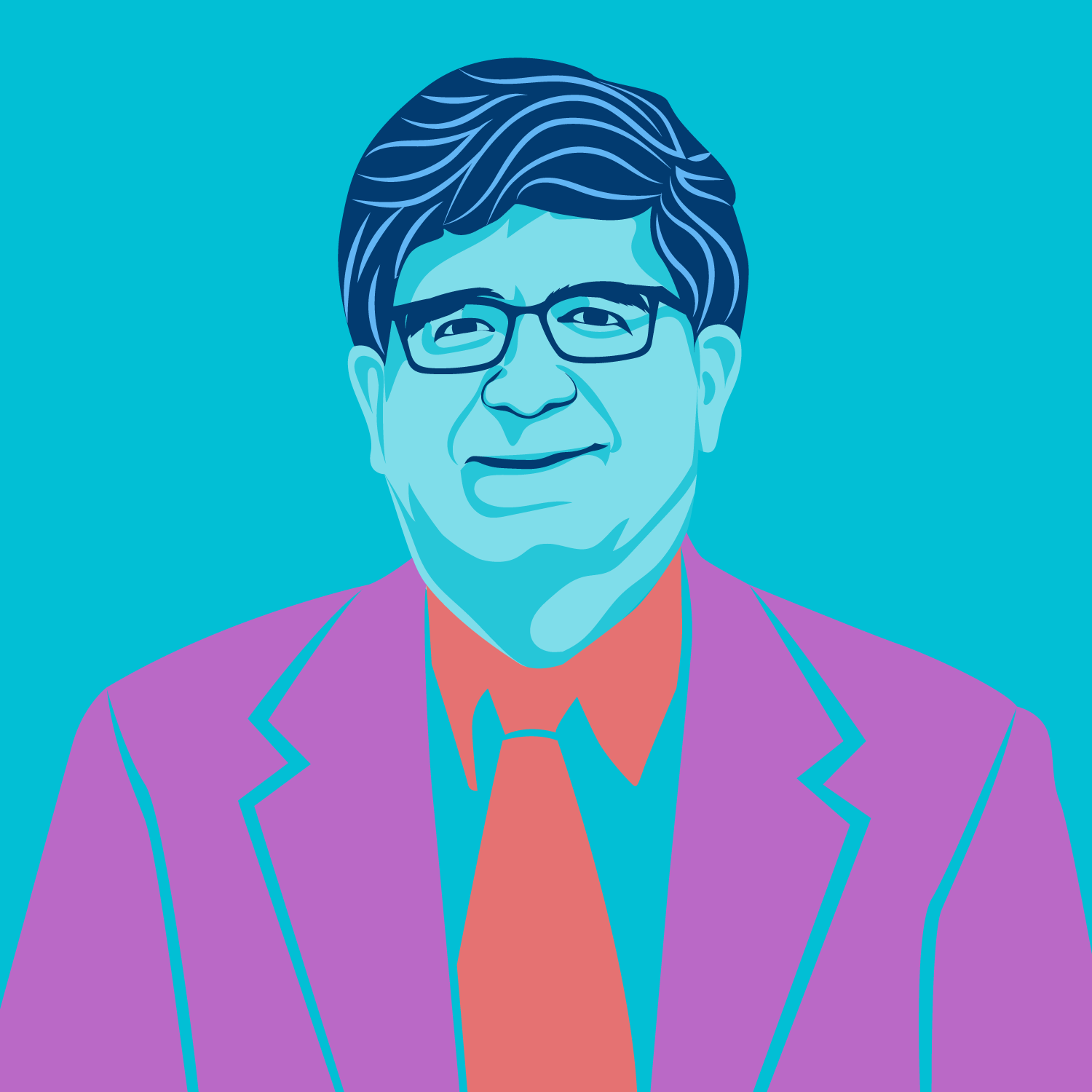The Framers of the Constitution differed among themselves just as we differ among ourselves. The constitution reflects sometimes compromise and sometimes combination ah of views. Some of the principal ah views that you see at the founding included traditional Republicanism, the view that government is best when it is conducted by the people themselves with as little interference as possible, and so there needs to be a heavy emphasis upon the inculcation of public virtue. And by virtue what they really meant was voluntary self sacrifice for the common good. They didn't mean you know behaving yourself, they meant things like serving in the militias and undertaking heroic and ah courageous efforts for the common good.
An alternative view came from the Scottish Enlightenment and particularly figures like Adam Smith and David Hume, but also others. Ah and they believed that it's a mistake to assume that anybody is going to be over-endowed with public virtue. David Hume said that it's best to presume that all men are knaves. This is where the idea of checks and balances really comes from, is that you have ah you understand that the players in the system are going to be self interested and ambitious, ah and you try to set things up so that their ambition will counter ambition, to use ah Madison's phrase from the Federalist. Factions will necessarily exist, but the solution to faction is to extend the sphere so there'll be a multiplicity of factions and they can ah ah control each other.
You also see, the influence of Thomas Hobbes ah and his theory of government set forth in the Leviathan in which a lot of power is concentrated in a a single figure and in which sovereignty includes control over the economy, which means regulation of the economy and taxation, but also the instruments of force, and and those things are not held firmly in the grip of the government you have either invasion or anarchy. Many of the arguments between the Federalists and the Anti-Federalists had to do with whether the national government would in fact have control over those two areas, and the Federalists insisted that the national government really had to have a potential for having control over those things that Hobbes said were essential to sovereignty.
John Locke's views were prevalent at the time and and revered at the time of the framing by many. Not only his theory of revolution, but also his understanding of natural rights. Locke says that there are actually three principal defects in the in the state of nature; One is the absence of an agreed upon law, a second is an ah absence of a fair and objective adjudicator in the case of conflict, and the third is the lack of somebody to enforce the results if there is an adjudication. Those three defects of the state of nature can be just directly translate into articles one, two, and three of the of the constitution, creating a lawmaker, a law enforcer, and a law uh interpreter.
Montesquieu is another source of ideas. He is cited as often, I believe, as any other single source, other than the Bible, at the Convention. Montesquieu is mostly important for Federalism. Montesquieu believed that it was not possible to have a single unified comprehensive government over a large and diverse territory, that the only way to have republican government over such a large expanse was to divide power among provinces in in in a kind of confederation. This is where our notions of Federalism principally come from.
That doesn't exhaust the sources of intellectual fermentation that came to the Constitution, but that at least is a sketch of just how diverse their thinking was.







